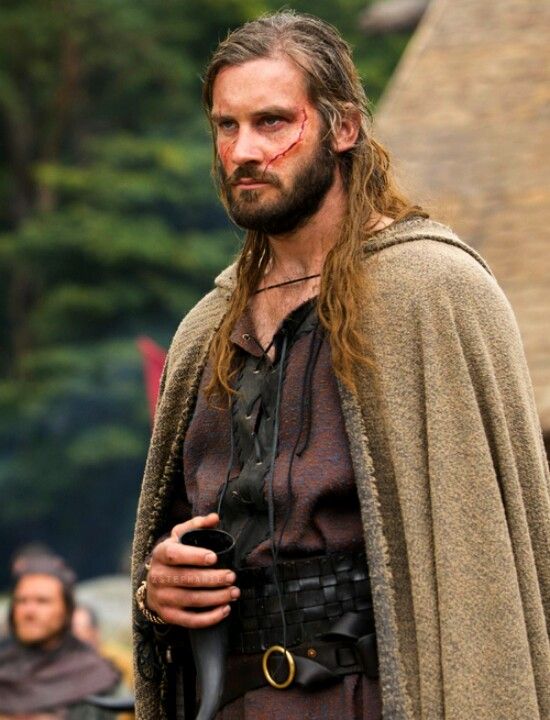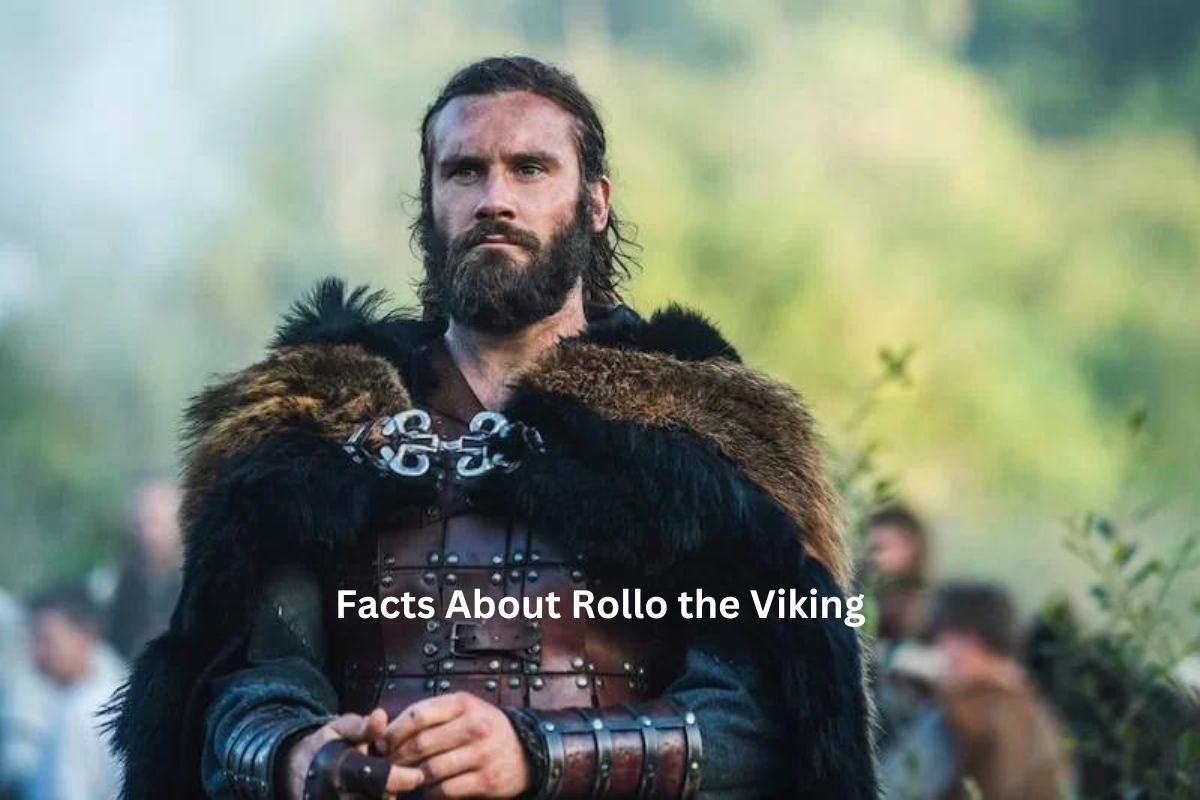Rollo the Viking, also known as Rollo of Normandy, was a prominent Viking chieftain who lived during the late 9th and early 10th centuries.
He is best known for his role in Viking raids and the establishment of the Duchy of Normandy in what is now modern-day France.
Rollo’s life and actions, including his conversion to Christianity and his integration into Frankish society, had a profound and lasting impact on the history of Europe. This brief introduction sets the stage for exploring his life and contributions in greater detail.
Rollo the Viking Facts
1. Rollo was a Viking chieftain
Rollo was a prominent Viking chieftain during the Viking Age, which spanned from the late 8th century to the early 11th century. He was known for his leadership skills and his participation in Viking raids and conquests.
Also Read: Ragnar Lothbrok Timeline
These raids were a common feature of the era when Viking warriors from Scandinavia ventured far from their homelands to raid and plunder various regions of Europe.

2. He participated in the siege of Paris in 885-886
One of Rollo’s most notable actions was his involvement in the siege of Paris that took place between 885 and 886. Alongside other Viking leaders, he led a siege of the city, attempting to capture it.
Also Read: Erik the Red Facts
While the Vikings did not succeed in capturing Paris itself, they managed to extract a substantial ransom, which was paid in exchange for their departure. This siege highlighted the Vikings’ military prowess and their ability to extract significant wealth from their targets.
3. Rollo received land in Normandy from King Charles the Simple in 911
In 911, Rollo and his Viking followers made a significant transition from raiders to settlers. They were offered a territory in what would later become known as Normandy by King Charles the Simple of the West Franks (part of the Frankish Empire).
This offer was made as a way to secure peace and stability in the region. In exchange for this land grant, Rollo pledged his loyalty to King Charles and agreed to defend the region against other Viking raiders and external threats.
This event marked the beginning of the establishment of Normandy and Rollo’s transformation into a feudal lord rather than a raider.
4. He converted to Christianity and took the name Robert
Rollo’s conversion to Christianity was a significant turning point in his life and had important consequences for the region of Normandy.
As part of the agreement with King Charles the Simple that granted him land, Rollo agreed to convert to Christianity and adopt a Christian name. He took the name Robert and was baptized as a Christian.
This conversion marked his formal acceptance of Frankish customs and religion, and it symbolized his commitment to integrating with the local population.
5. Rollo is considered the founder of Normandy
Rollo is often credited as the founder of Normandy due to his role in establishing a Viking presence in the region and his subsequent transformation into a feudal lord.
With the land grant from King Charles, Rollo and his followers settled in the territory, which eventually became known as Normandy. Over time, they built fortifications, established a system of governance, and integrated with the local Frankish population.
Rollo’s leadership and the stability he brought to the region laid the foundation for the emergence of the Duchy of Normandy as a political entity in its own right.
6. His descendants played a significant role in European history
Rollo’s legacy extended well beyond his lifetime. His descendants, often referred to as the House of Normandy, played a crucial role in European history. His great-great-grandson, William the Conqueror, is one of the most famous members of this lineage.
William became the Duke of Normandy and later achieved international recognition when he successfully invaded England in 1066 in what is now known as the Norman Conquest.
William became King of England, and his rule had a profound and lasting impact on the history and culture of England, marking the beginning of Norman rule in the country.
7. His nickname was “The Walker”
Rollo’s nickname, “The Walker” (French: Rollon le Marcheur), has an interesting origin. According to legend, during the negotiations with King Charles the Simple, it was customary for a vassal to kneel before the king as a sign of submission and loyalty.
Rollo, however, was reportedly so tall and imposing that he refused to kneel. Instead, he is said to have walked to the throne and stood beside it, symbolizing his independence and equal standing with the king.
This act earned him the nickname “The Walker” and showcased his strong and proud character.
8. Rollo married Gisla, the daughter of King Charles
As part of the peace settlement between Rollo and King Charles the Simple, Rollo married Gisla, the daughter of the Frankish king. This marriage served both political and symbolic purposes.
It symbolized the union between the Viking leader and the Frankish royal family, cementing their alliance and cooperation. The marriage also marked Rollo’s integration into Frankish high society and further demonstrated his commitment to the Christian faith.
9. His death occurred around 930
The exact date of Rollo’s death is uncertain, but it is believed to have occurred around 930. After his death, Rollo was succeeded by his son, William Longsword, as the Duke of Normandy.
10. He was succeeded by his son William Longsword as Duke of Normandy
William continued his father’s work in consolidating Norman rule in the region and furthering the process of integration between the Viking settlers and the Frankish population.
William’s conquest of England in 1066, known as the Norman Conquest, transformed the political landscape of England and contributed to the development of the English language and culture.
